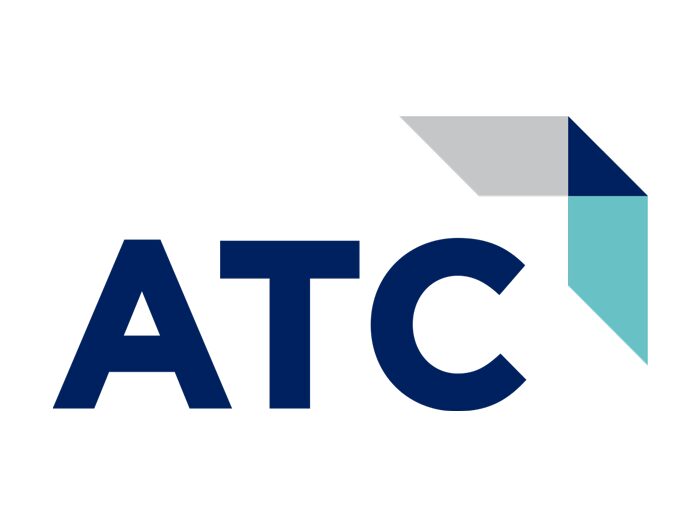
Communications are an integral part of any business operation. After all, it’s how we work together with staff, employees and key stakeholders, among others. With changes in the way many regularly do business – in a remote location or hybrid setup – it’s important that the way we communicate adapts to help businesses evolve. We exist in an era of digital transformation: Many business leaders are pondering whether transforming from their on-premise phone or communications system to a cloud-based or unified communications (UC) as a service is the right choice.
To make the most suitable choice for your business, you’ll need to consider whether your current phone system facilitates staff flexibility and what features are required to achieve consistent performance.
The increased popularity of cloud hosting for business’s phone systems shouldn’t come as a surprise. According to a recent data report, by 2024, enterprise cloud spending will make up 14 percent of IT revenue globally. This same report indicates that platform as a service (PaaS) for small to medium businesses grew by 26.6 percent in 2021 . This is largely due to the scalability of cloud servers.
This guide will explore the key differences between communication systems to help you decide on the best one for your customers’ needs and your operational model.
“As a Service” vs “Owning It”
Owning it describes a traditional approach to communications. A business purchases and installs on-premise phone systems. All company phone extensions and their subsequent connections tap into public phone networks. Advanced on-premise phone systems also incorporate VoIP services.
“As a service” or cloud-based UC systems facilitate linkage of a company’s network of phone extensions (voice, video, chat, messaging, meetings, etc,.) using the internet. Where on-premise UC systems use desk phones, cloud-based systems utilize softphones.
Advantages of UC as a Service vs. On-Premise Phone Systems
Here are a few benefits you can expect when investing in UCaaS or cloud phone systems:
- Scalability. The most noticeable upside that cloud-based UC systems have over traditional on-premise is the degree of scalability that it gives businesses. It allows for service adjustments in accordance with seasonal and industry fluctuations.
What’s more, cloud phone systems allow for automatic installation of updates. With on-premise phone systems, manual upgrades are required, which can be time-consuming and cause downtime.
- No installation costs. You don’t have to invest heavily in initial installation or maintenance — as is the case with on-premise systems. Cloud phone systems don’t require significant capital outlay, making it suitable for a wide range of businesses, whether single-site or multi-location. Choosing a cloud-based, “as a service” approach shifts your communications budget from a capital expense to a stable, predictable operating expense.
- Flexibility. Legacy phone systems or networks can’t keep up with today’s intensive workloads and remote workforce. An application-focused cloud ecosystem eliminates barriers and reduces the distance data needs to travel to the end-user. Due to their scalable nature, cloud solutions provide the flexibility required to optimize your workloads through public, private, hybrid and multi-cloud options.
With cloud phone systems, your team doesn’t have to work from the office. They can work anywhere with a solid internet connection. Remote or hybrid workers are afforded the flexibility to plan out their day and maintain the same level of productivity they would have in-office.
- Quick and easy call management. Cloud phone systems come with extra features that allow your team to organize and manage business calls. Besides streamlining your processes, this allows you to easily collect data from your customer base.
Advantages of On-Premise Phone Systems vs. UCaaS
Some businesses still prefer on-premise communications solutions. Here are some of the advantages:
- Control of communication by management. On-premise communications systems allow for on-site controllability by communication managers and business owners, but will most likely require someone who is trained to do so.
- Stable voice quality. While today’s cloud phone systems have top-notch voice quality, they can still be affected by a range of external factors that can degrade communication quality. These factors include bandwidth, network configuration and the type of devices used. Make sure you have the right network requirements before making the switch and look for experienced vendors with comprehensive SLAs.
- Less costly setup (but look for hidden costs). On-premise UC systems usually involve a one-time payment during installation, but can cost you more in the long run with maintenance and downtime. You may also be stuck with sunk costs in a legacy system when it’s time for the inevitable upgrade. Conversely, cloud telephony usually requires clients to pay a monthly hosting rate as well as upfront costs for the endpoints.
What’s the Right Choice for You?
Ultimately, the choice is yours to make. There are advantages to having either type of communications system, but a good independent IT consulting firm will help you pinpoint the right solution for your business.
Why ATC Can Help
Successful digital transformations such as Unified Communications as a Service start with ATC. When you’re faced with a tough decision and there is no margin for error, you can count on ATC’s innovative expertise and proven approach to sourcing and implementing next-gen services. Positive outcomes await.
Contact an experienced ATC technology advisor today and let us help you make a difference. You can also download a free copy of Unified Communications as a Service for Dummies to make an informed decision on unified communications for your business.









